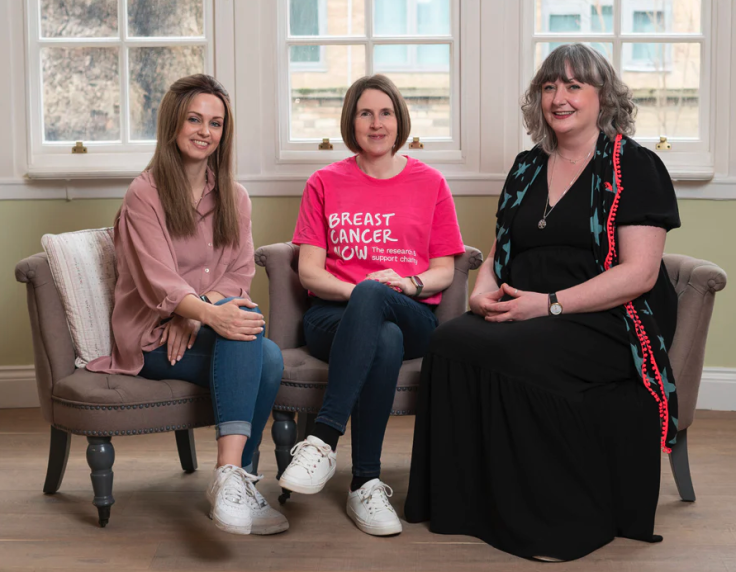Scientists Name Everyday Products That Are Putting Women At Risk Of Breast Cancer
A team of researchers have named almost 1000 chemicals, found in food and beauty products, that increase the risk of breast cancer.

A recent study, published in the Environmental Health Perspectives journal, has found that women are exposed to almost a thousand dangerous chemicals that are found in everyday foods, beauty products and other consumer products.
The chemicals were analysed by a team of researchers on databases run by the International Agency for Cancer Research (IACR), the National Toxicology Program and the US Environmental Protection Agency. After studying tens of thousands of chemicals, the researchers went on to list the most dangerous ones that had been linked to breast cancer.
To link certain products to putting women at an increased risk of breast cancer, the researchers studied chemicals that made for higher production of oestrogen, considering high levels of the hormone have been known to make the disease more likely.
The scientists also studied certain chemicals that had been linked to the growth of mammary tumours, common in un-spayed dogs, or breast cancer in other animals.
Breast cancer is known for affecting more than seven million women in the past five years and is the most common cancer trope in the US.
While the survival rate for those diagnosed with localised or regional breast cancer currently stands at above 85 per cent, the disease kills around 20,000 women each year.
The investigation into chemicals that put women at higher risk of breast cancer, used animal and laboratory studies to name and link more than 900 chemicals to the disease.
Out of the 922 chemicals that were linked to breast cancer, almost half, 420, were found to damage hormones and DNA. Around 280 chemicals were named as being known to contribute to mammary tumours being found in animals.
The researchers recognised that women who regularly use skincare products, makeup, shampoos, certain soaps and shaving foam, are most exposed to the dangerous chemicals used in pesticides.
Pesticides contain a mixture of chemical substances that are used to protect products from organisms that pose a threat to plants, animals or humans. Pesticides are also best known for being sprayed onto fruits and vegetables, to protect the crops from weeds, insects and certain diseases.
According to a recent study, pesticides have been found to trigger genetic mutations that increase the risk of tumour growth and cell division.
In the US, the most commonly used pesticides are atrazine and malathion, which were included in the list of dangerous breast cancer-linked chemicals.
In the Environmental Working Group's (EWG) annual list of 'Dirty Dozen' foods, strawberries that had been sprayed with atrazine, took the number one spot. Spinach, kale, peaches, apples and pears were also listed as foods that contained the highest levels of pesticide residues.
Although octyl gallate is often used as an antioxidant, the study found that it is mostly used in soaps, shampoos, shaving foams and other shower products, and included it in the list of dangerous chemicals. Octyl gallate is also known for being found in margarine and peanut butter.
Benzenediamine is also linked to breast cancer and is most commonly known for being a chemical found in hair dyes.
Retinol, which is most commonly used in anti-ageing skin creams, was also listed. Retinol is a popular form of vitamin A that is found in most animal-sourced foods, including eggs, fish, beef and whole milk.
While the group of researchers have not named any product as a severe threat, considering most chemical levels fell below the recommended amount, other scientists have argued that the build-up of pesticides can lead to an increased risk of diseases.
Another breast cancer report this week, published by the think tank Demos and the Charity Breast Cancer Now, found that by 2034, the disease could cost the UK economy up to £3.6 billion each year.
The Chief Executive of Breast Cancer Now, Delyth Morgan, said: "These revealing, first-of-their-kind estimates of the economic and wellbeing costs of breast cancer in the UK show that breast cancer is far from being a 'done deal', and the consequences of us failing to act now are dire."
© Copyright IBTimes 2025. All rights reserved.






















